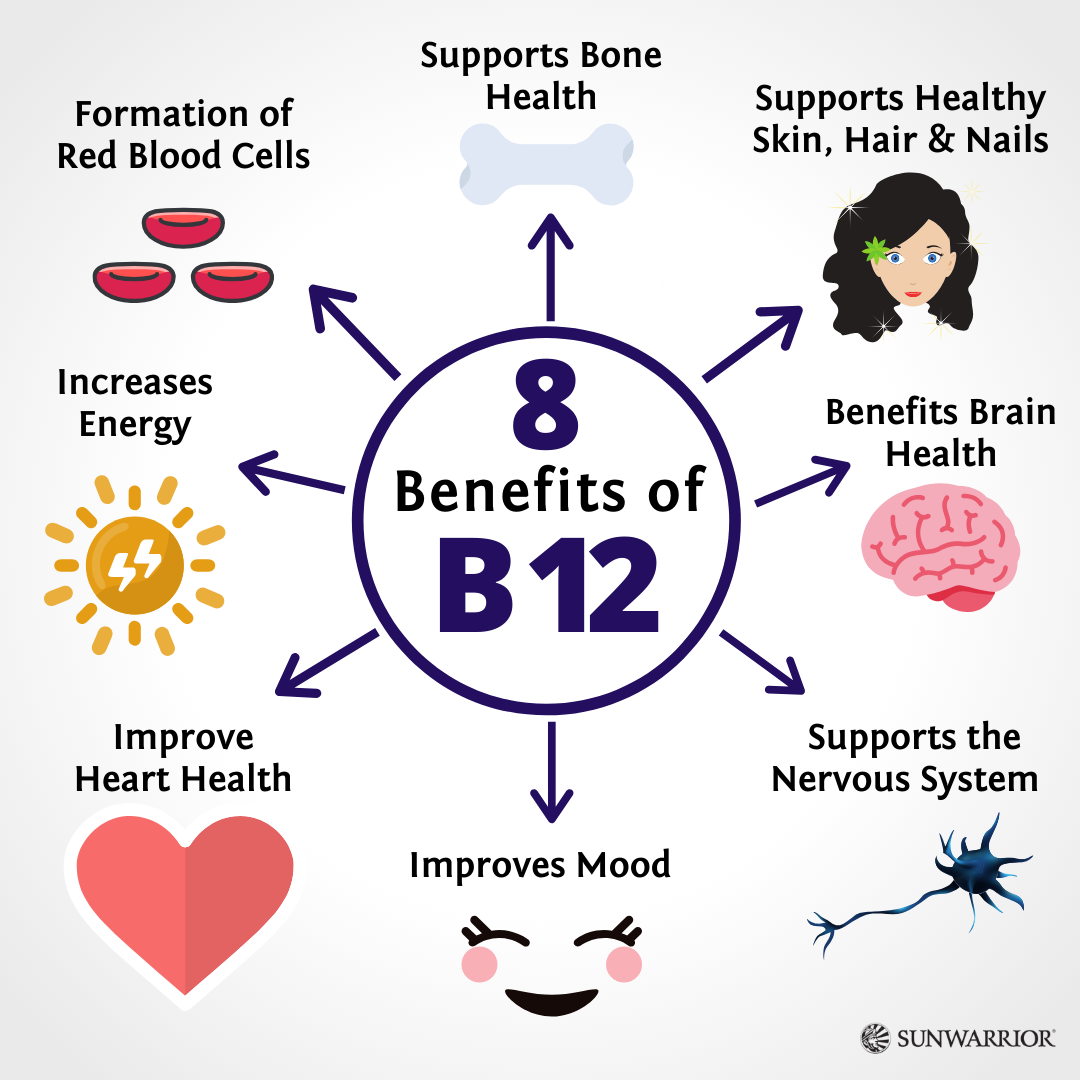
Vitamins play a crucial role in maintaining our overall health. They are organic compounds that our bodies require in small amounts for normal functioning and well-being. Each vitamin has specific functions and benefits, and deficiencies in these essential nutrients can lead to various health problems. In this article, we will explore the importance of vitamins and their impact on our well-being.
The Different Types of Vitamins
Vitamins are classified into two categories: fat-soluble and water-soluble vitamins. Fat-soluble vitamins (A, D, E, and K) are stored in the body’s fatty tissues and liver, and are absorbed with the help of fat. On the other hand, water-soluble vitamins (B-complex and C) are not stored in the body and are quickly excreted. It is important to obtain these vitamins regularly through diet or supplements.
Vitamin A: The Vision Vitamin
Vitamin A plays a crucial role in maintaining good vision, as it helps in the production of a pigment called rhodopsin that aids low-light and color vision. It also supports the immune system and is essential for the integrity of the skin and mucous membranes. Natural sources of vitamin A include carrots, sweet potatoes, spinach, and liver.
Vitamin D: The Sunshine Vitamin
Known as the sunshine vitamin, vitamin D is unique because our bodies can produce it when exposed to sunlight. Its main function is to regulate calcium and phosphorus levels in the body, promoting healthy bones and teeth. Vitamin D deficiency has been linked to various health issues such as weak bones, increased risk of infections, and even depression. Apart from sunlight, dietary sources of vitamin D include fatty fish, fortified dairy products, and egg yolks.
Vitamin E: The Antioxidant Vitamin
Vitamin E is a powerful antioxidant that protects cells from damage caused by free radicals. It plays a crucial role in maintaining healthy skin, eyes, and immune system. Nuts, seeds, spinach, and broccoli are some excellent sources of vitamin E.
Vitamin K: The Blood Clotting Vitamin
Vitamin K is essential for blood clotting, which helps to prevent excessive bleeding. It also contributes to bone health by aiding in the process of bone mineralization. Leafy green vegetables, such as kale and spinach, as well as liver and eggs, are good sources of vitamin K.
Vitamin C: The Immunity Booster
Vitamin C is well-known for its immune-boosting properties. It helps in the production of white blood cells, which are essential for fighting off infections. Vitamin C is also crucial for collagen synthesis, wound healing, and antioxidant protection. Citrus fruits, berries, kiwi, bell peppers, and broccoli are excellent sources of vitamin C.
B-complex Vitamins: The Energy Providers
B-complex vitamins include a group of essential nutrients, such as thiamine (B1), riboflavin (B2), niacin (B3), pantothenic acid (B5), pyridoxine (B6), biotin (B7), folate (B9), and cobalamin (B12). These vitamins are vital for converting food into energy, maintaining a healthy nervous system, and promoting brain function. Whole grains, legumes, meat, milk, and leafy green vegetables are great sources of B-complex vitamins. In conclusion, maintaining a balanced intake of essential vitamins is crucial for overall health and well-being. Adequate nutrition, including a variety of fruits, vegetables, whole grains, and lean proteins, can help ensure that our bodies receive a sufficient supply of vitamins. However, if it is challenging to obtain all the necessary vitamins through diet alone, dietary supplements can be considered to bridge the gap. Remember, consulting with a healthcare professional is recommended before starting any new supplements to ensure they suit your individual needs.

